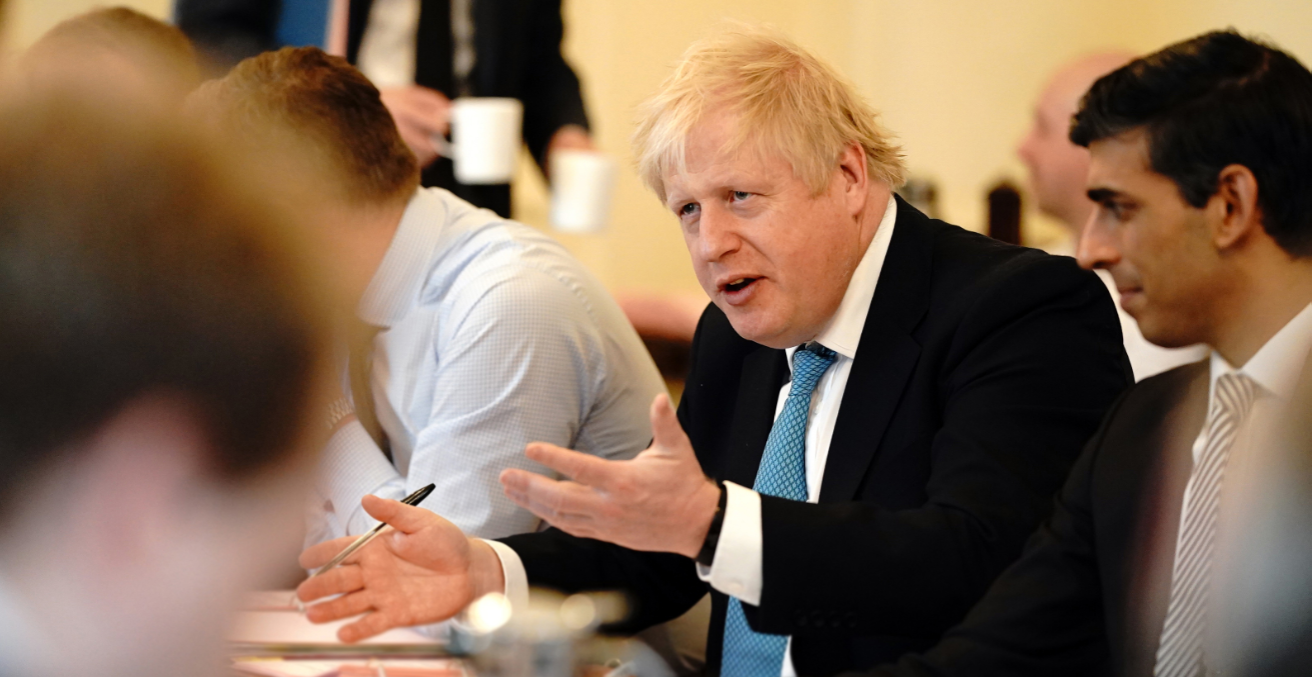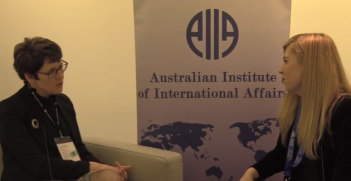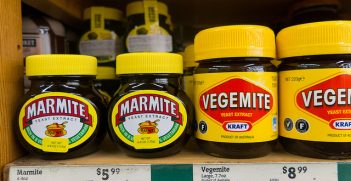Tense and Tricky EU-UK Trade Negotiations Begin

It is unlikely that the Ides of March will worry Boris Johnson the way it haunted his hero Julius Caesar. The opening of tense and tricky free trade talks between Britain and the European Union on the third day of the month does have a ring of menace.
Those who do not follow these matters closely could be excused for believing that Brexit was done and dusted. After all, didn’t the United Kingdom formally leave the European Union on January 31 after three years of protracted negotiations? And didn’t UK Prime Minister Boris Johnson declare that “Brexit” no longer belonged in the official vocabulary? Yes, to both. But since Britons voted in June 2016 to leave the EU, there have been endless days and nights of debate over the withdrawal agreement, and only now are the two sides facing up to the important issue of their future relationship.
Only at the end of February did the EU and the UK set out in detail their respective negotiating positions for a free trade deal involving zero tariffs and no quotas. If only it were that simple. The hurdles to getting from start to finish without stumbling are significantly higher than those faced by the horses in Britain’s most famous steeplechase, the Grand National.
Some hurdles may easily be overcome, but the biggest is how to find agreement within the time available, given that there is so much to discuss. Johnson has staked much on insisting that an agreement be signed and ratified well before the December 31 expiry of the transition period. If he fails, Britain will walk away with no deal, whatever the consequences.
In recent days the stakes were ratcheted up, with Downing Street officials telling the media that unless the bones of a free trade agreement are in place by the end of June, ministers will be instructed to resume preparations for a No Deal Brexit.
For its part, the European Union has laid down its own set of conditions. Michel Barnier, the EU chief negotiator, has spelt out in the clearest of terms that its offer to London is dependent on the UK keeping in place the rules and regulations that govern its existing position in the European Single Market, arguing that to depart from European standards in key areas such as environmental protection, labour conditions, and food quality would give Britain an unfair competitive advantage. Johnson’s response was that under no circumstances will the UK remain a “rule-taker.”
Is Johnson bluffing and being belligerent? Many believe his stance is a negotiating ploy and expect him to find compromise along the way. Those who distrust him – and we should remember there is an entire website devoted to Boris’s lies – suggest that his self-portrayal as a “one nation Conservative” leading a people’s government is bogus. They say his real aim is to serve the cause of the Tory right-wing and Brexit party leader Nigel Farage and that his endgame is to have no relationship with Brussels. I tend to the former view. Johnson’s political track record suggests this is the case, and his appointment of one-time rival Michael Gove as the overseer of the negotiations (with the day-to-day task run by ????) gives Britain a professional competence it did not have with Theresa May’s lacklustre and lazy first Brexit secretary, David Davis.
We should hope that the two sides spend the early days of the negotiations in Brussels not poring over their differences but seeking to find common ground where possible. A detailed examination of the position papers – the British one runs to 30 pages – indicates there is plenty of scope for that. Hopefully, the atmosphere will be cordial rather than rancorous. The second round of talks will take place in the last two weeks of March in London, a welcome departure; the withdrawal agreement negotiations were centred on Berlaymont, the European Commission headquarters.
Back in October, in the political declaration that formed part of the withdrawal agreement, London and Brussels agreed that a “robust” regime to ensure “fair and open competition” between the EU and UK was an essential underpinning of a new trading relationship. Britain’s new trade “tsar” Michael Gove says Barnier is walking away from that agreement by insisting the UK continues to observe EU rules. He points out that Brussels has shown much more flexibility with Canada (the trade model the UK seeks to follow) than it is prepared to do with Britain. Barnier counters by saying the UK and Europe are much closer to each other, making it easier for the British to undercut the EU or introduce a weaker regulatory regime. Gove and Johnson outrightly reject this assertion, pointing out that in many areas such as maternity and paternity leave, the minimum wage, and state subsidies to industry, the UK has higher standards and requirements than the EU. “We are not seeking to impose our rules on the EU,” snorts Johnson, “so we do not expect them to impose their laws on us.”
In some cases, the differences between the two sides comes down to semantics, since both sides have stated they have no wish to weaken current levels of labour or environmental protection. Gove insists it will be easy for the UK to find a form of words with the same meaning as phrases coined by Brussels. In the important area of financial services, the EU’s negotiating mandates appear to concur, suggesting that both sides should exercise oversight over their respective systems by making use of “unilateral equivalence frameworks.” This is Brussels parlance for doing the same thing differently.
It would, of course, be wrong to suggest that the negotiations are all about word games. There are some thorny issues to settle, with the most intractable arguably being fishing rights. Although Britain’s fishing industry represents only a tiny proportion of the UK economy, it insists that British waters should be exclusively for the British fishing industry. The EU argues members bordering the North Sea and the Channel should be allowed to fish in British waters in perpetuity. It’s hard to see how this will be settled, and Johnson’s June deadline is closing in.
Colin Chapman is a writer, broadcaster, and public speaker who specialises in geopolitics, international economics, and global media issues. He is a former president of AIIA NSW and was appointed a fellow of the AIIA in 2017.
This article is published under a Creative Commons License and may be republished with attribution.





